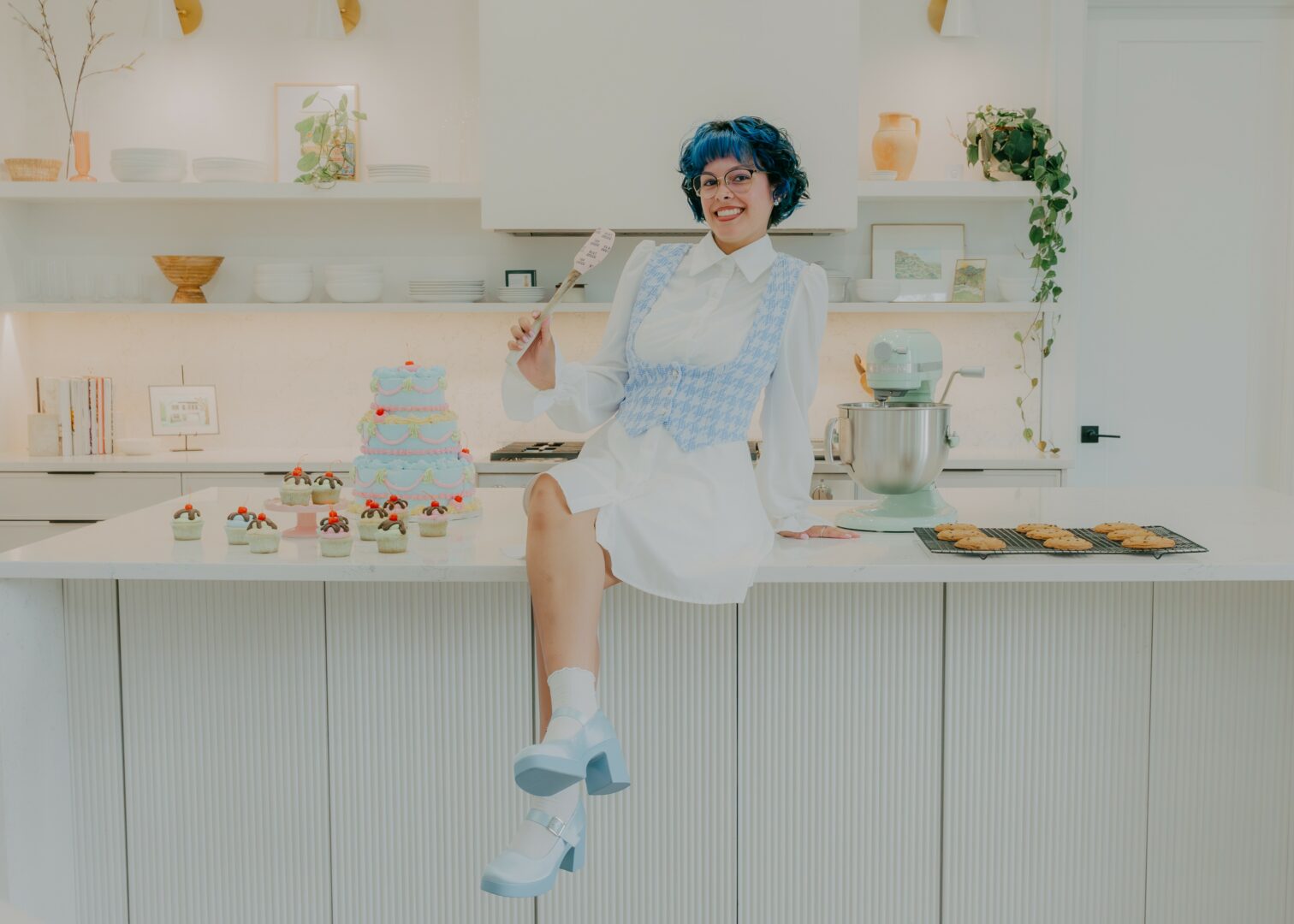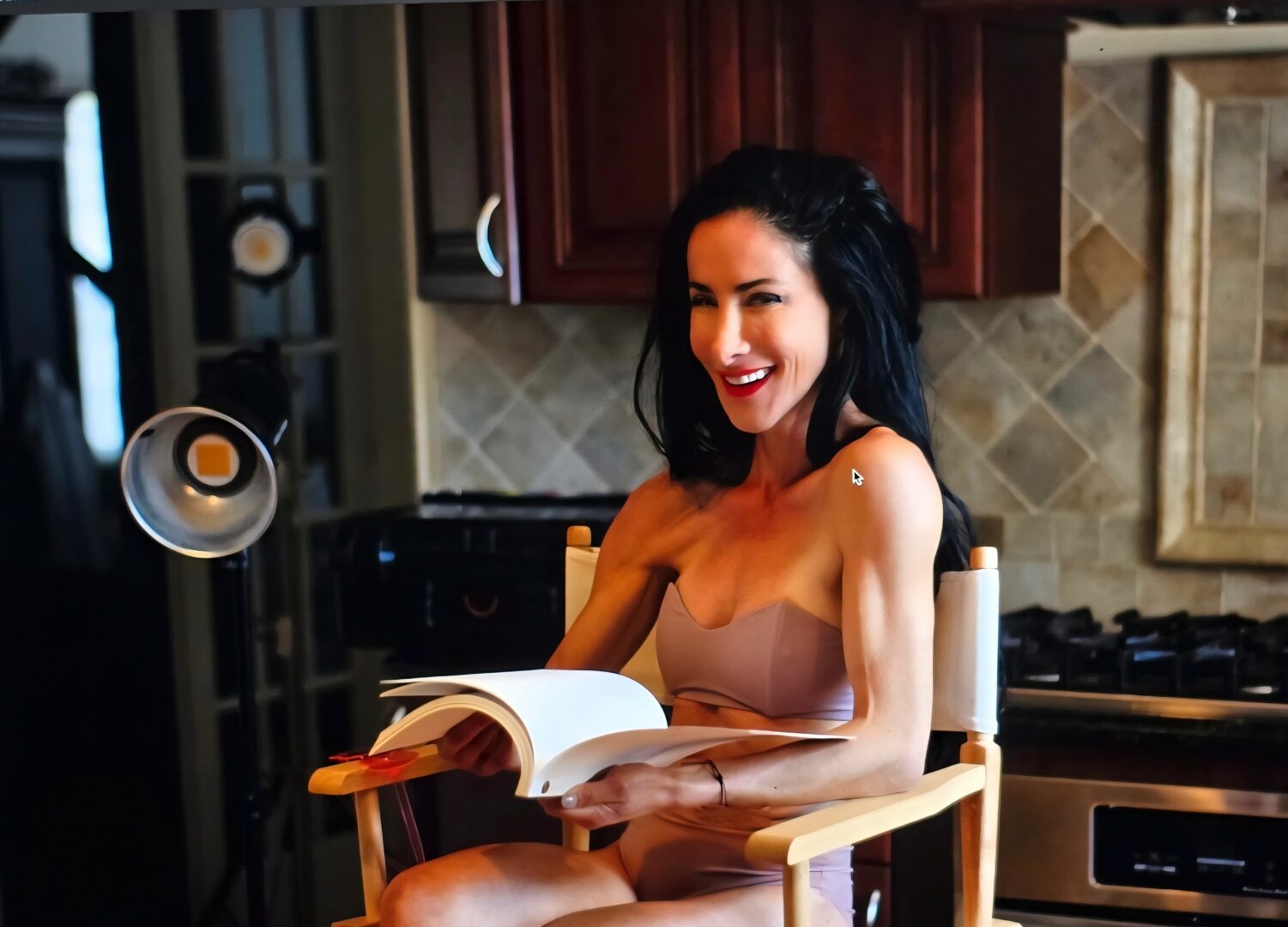Self-doubt and imposter syndrome have stopped far too many talented folks from going for their goals and reaching their true potential. Our hope is to host conversations that inspire folks to overcome imposter syndrome and help others as well.
Luke Valdes-Rodriguez

Imposter Syndrome is a battle that constantly comes and goes as a screenwriter and independent filmmaker. What allows me to beat imposter syndrome is when I realize that I’ll never know my potential if I listen to negative thoughts that hold me down. The answer to beating imposter syndrome is just going out there and doing it. Read More>>
Amy Wadlington

I wrestled with imposter syndrome for a long time—not just the usual nervousness that comes with trying something new, but a deep belief that I wasn’t enough. Not smart enough. Not qualified enough. Not the “right” person for the job.
For years, I worked as a health coach while quietly battling chronic illness and extra weight. And you can imagine the noise in my head. Read More>>
Kelsey Masaitis

Honestly, imposter syndrome was something I really struggled with, especially in the early years of my photography business. I hit my financial goals, even reached six figures, but instead of feeling accomplished, I felt completely drained, like I had built something that didn’t actually fit me. That was a wake-up call. I realized that success wasn’t just about the numbers; it had to align with my life and what actually made me happy. Read More>>
Alex Ellison

It was already dark as we pulled into the parking lot for Parnassus Books, the beloved bookstore of the even more beloved author, Ann Patchett. The lights in the bookstore created a spotlight on tonight’s feature: a book I co-authored. Dozens of copies of the book were on display in the store’s window. I walked in, stupefied, with the other guests — all there for a book signing with my co-author, Betsy Wills, and me. Read More>>
Amanda Bradley
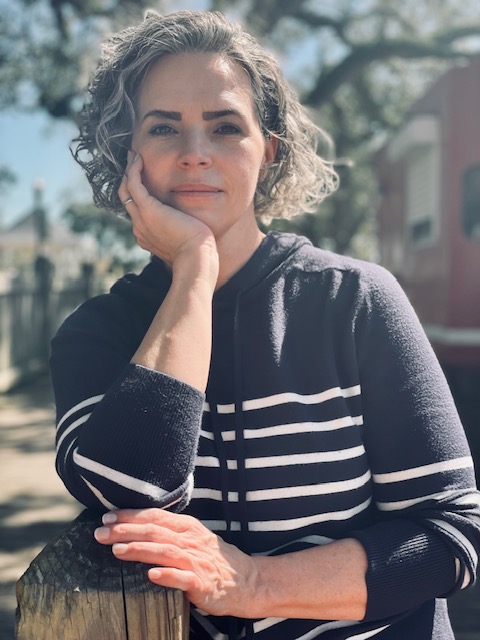
Even as a trauma therapist, I still battle with Imposter Syndrome. And not just occasionally—it’s a familiar presence, one that shows up when I’m about to speak, write, or sit across from a client who trusts me with their story. There’s this internal voice that whispers, You’re a fraud. You don’t belong here.
Logically, I know that’s not true. But Imposter Syndrome isn’t logical. It’s emotional. It’s old. It’s rooted in the belief that my worth is conditional—tied to how hard I work, how much I achieve, how many people I help. I feel like I have to earn my right to exist in this role, over and over again. Read More>>
Cali Nelson

I’ll let you know when I get there! As creatives, there are always others out there doing similar work that we feel is better than our own. Over the years as my skills have grown, I have also increased my standards, raising the never-ending bar of success and never quite feeling like I have “made it.” Through social media, I have been able to follow other likeminded individuals doing outstanding work who I am constantly learning from and expanding my skills. Read More>>
Sitara Marin

As a mental health therapist specializing in identity, I’ve learned to embrace every part of who I am—including imposter syndrome. I’ve come to realize that imposter syndrome doesn’t exist to make us feel insecure, small, or incapable. On the contrary, its purpose is to motivate and push us forward. It’s like a racehorse that only truly kicks into gear when it sees its competitor gaining ground—imposter syndrome acts as that challenge, spurring us to go further, faster, and with greater determination. Read More>>
Jessica Fu

I don’t know if I can say I’m always 100% over my imposter syndrome. I’ve recently been working on plated desserts for a restaurant after being out of the restaurant industry for a couple years and I started to feel the self doubt creeping back in. I think it will always be there, especially on bad bake days, but it has been comforting to see how far I’ve come. I want to say I just one day said who cares what anyone thinks, I’m a professional and I’m amazing! To answer the question, the biggest factor in helping me overcome imposter syndrome was the reception I received after striking it out on my own. Read More>>
Thomas Cooper

About halfway through my undergraduate studies, I foolishly complained to my teacher that I felt and hoped that my successes ought to be greater than they were at the time. He then gave me the best advice that he could have given – he told me, in more eloquent language, that if I felt that I was really good, I should practice like it. Read More>>
Ancha’ Maples

Spirituality played a profound role in helping me overcome imposter syndrome by shifting my focus inward rather than relying on external validation. I realized that much of my self-doubt stemmed from the expectations and opinions of others who they told me I should be, how I should act, and what I should achieve. These voices created an illusion that I was never enough, constantly chasing an identity that wasn’t truly mine. Read More>>
Michael Demby
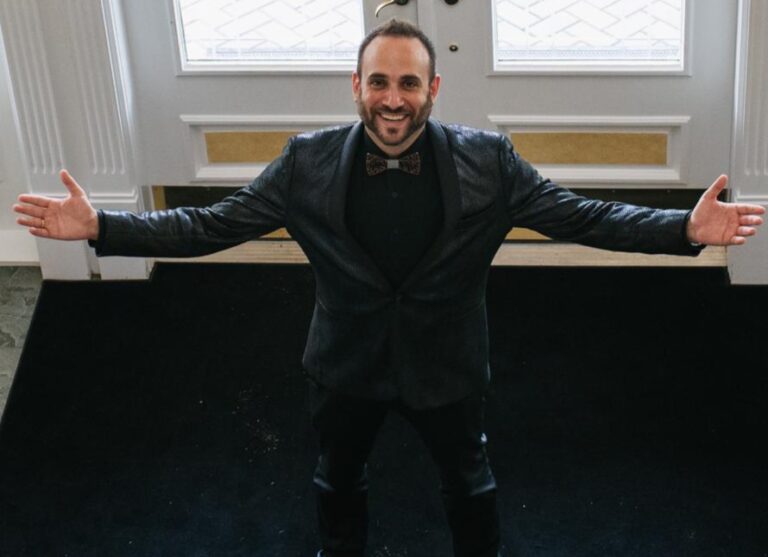
Early in my career as a DJ, imposter syndrome was a frequent challenge, especially when faced with audiences that didn’t immediately connect with my energy. I’d often question my skills, wondering if I truly belonged with this crowd. This self-doubt naturally led to stress, causing me to overanalyze everything from my track selection to my interaction with the crowd. Read More>>
Melissa Robles
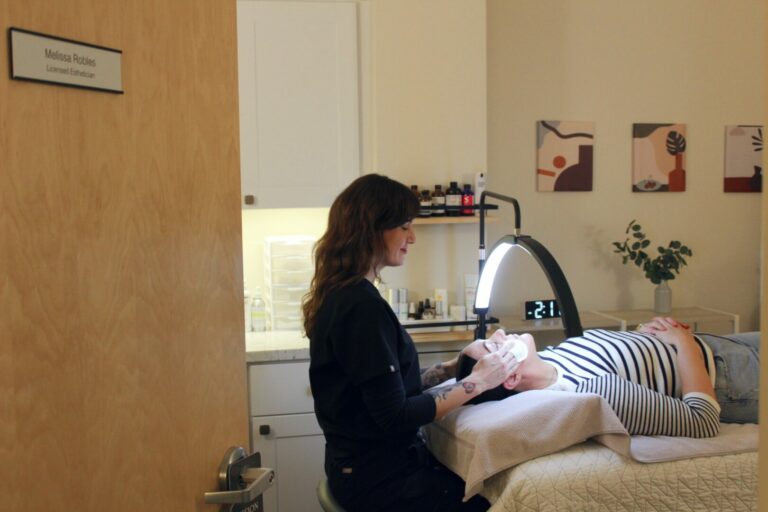
I started working for Julie Pruitt at Acne Specialists as a new esthetician in 2014. At that time, Julie already had over a decade of experience working with acne prone skin, and I was brand new. When I joined the team I started seeing a lot of clients who owed their clear skin to Julie. It was a lot of pressure to keep them happy and ensure their results continued. Read More>>
Rob Colbert

In practice, I believe imposter syndrome is something which is never really overcome, but rather is managed througout a professional career. For myself, I specialize in Transpersonal Counseling, with an emphasis in Existential Psychotherapy. I work with a range of modalities, however my real passion is working with people through Ketamine Assisted Psychotherapy (KAP). The altered state from a sub-ansesthetic dose of Ketamine can be quite profound. Read More>>
Lamarr Lyons
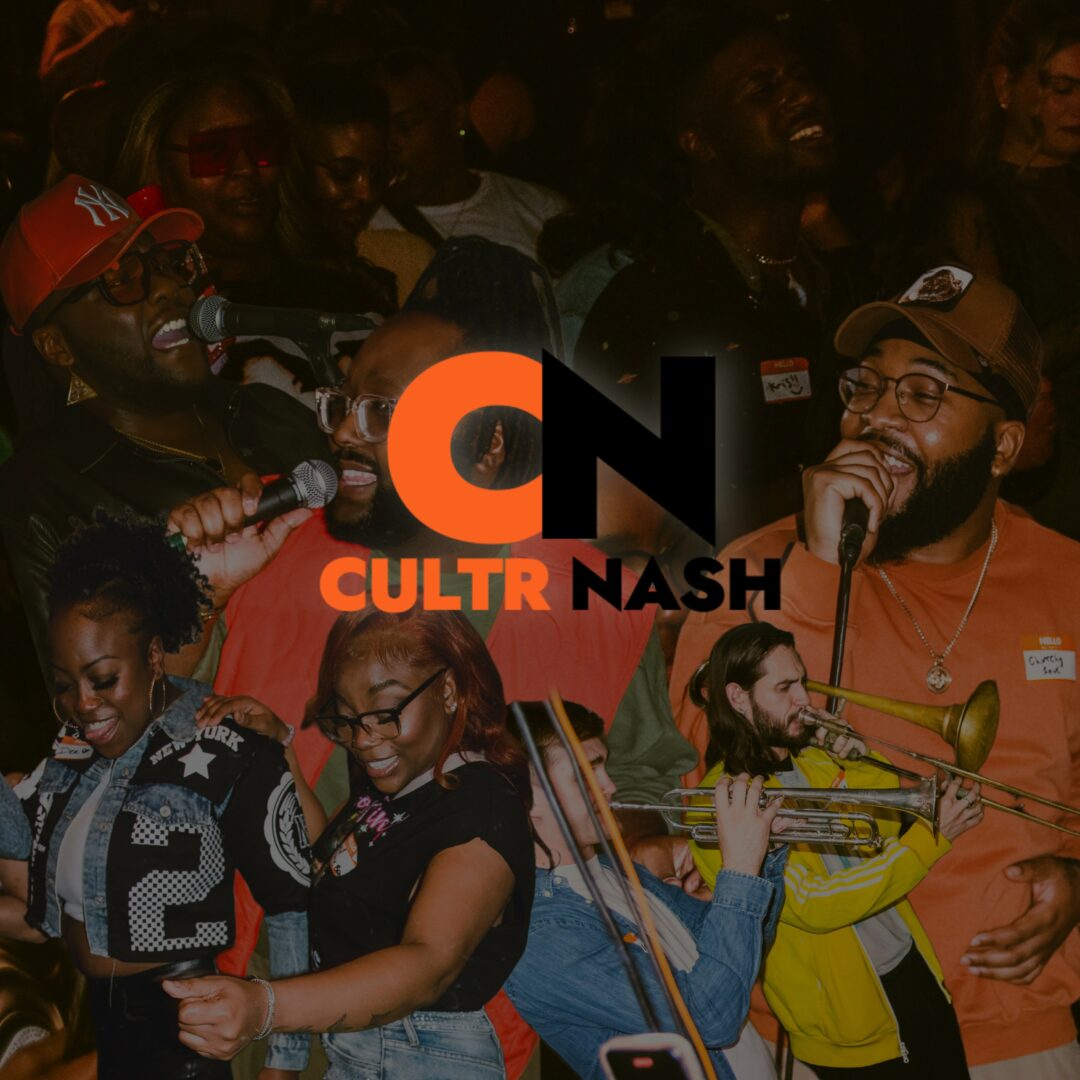
Knowing you have a purpose to fulfill, you kinda don’t think about who people may perceive you to be. I just do what I’m told and I do whatever feels right in the moment.
Am I right for the job? Am I supposed to be carrying this weight? Maybe, I’ll never know unless I try. Read More>>
Fernando Tranquilino

As a street taco vendor who built their business from the ground up and is now fully booked months in advance, overcoming imposter syndrome starts with recognizing that your success isn’t luck—it’s the result of your hard work, consistency, and talent. The feeling of not being “legit” is just that—a feeling, not a fact. You’ve earned every loyal customer, every booking, and every compliment through your hustle and dedication. Read More>>
AE Faulkner

As an independent author, there have been too many times when I compared myself to more successful authors and focused on my lack of book sales. I think the low point came when I submitted a story pitch to a contest and was eliminated before the competition truly began. At that point, I had written and self-published five books. I took this rejection as a sign that I should stop wasting so much time and money on an expensive hobby that would never cover its costs. Read More>>
Cheri
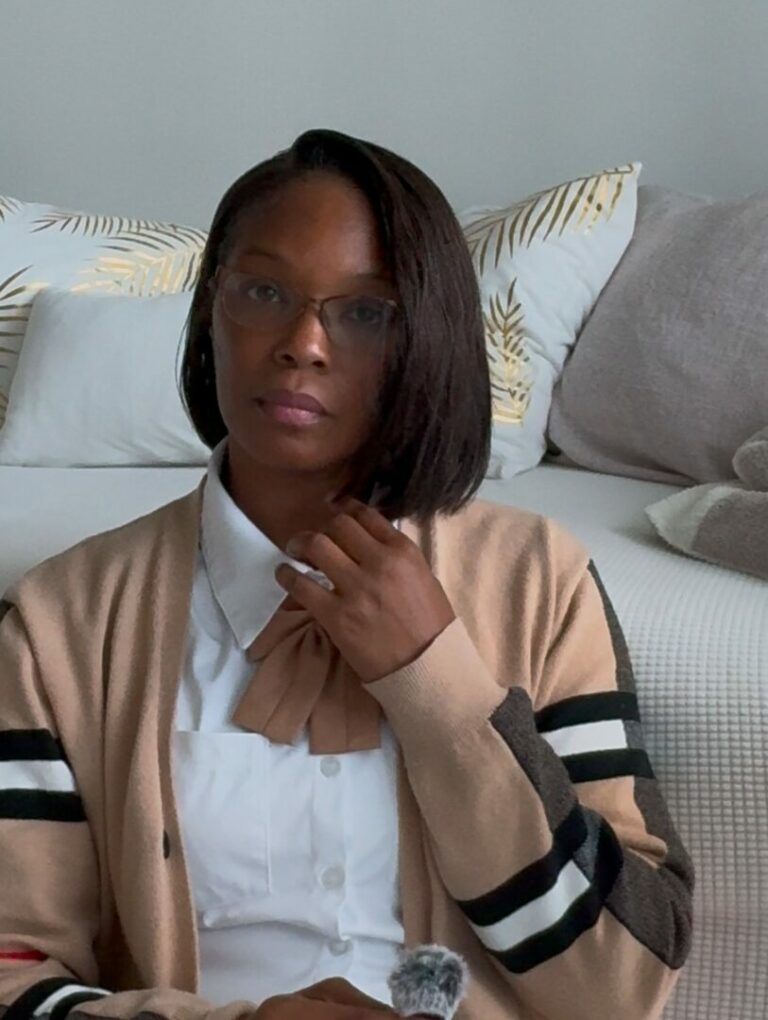
Imposter Syndrome is so real. When I first started social media I wanted to be like every pretty influencer that came across my feed. It took awhile to come out of it. However, during one of my niece’s pageants, she mentioned that she would watch me dance & minister in church and loved how confident I was and how much it encouraged her to do pageants. She said that she wanted to be as confident as I was when I danced. Read More>>
Isabella Parra
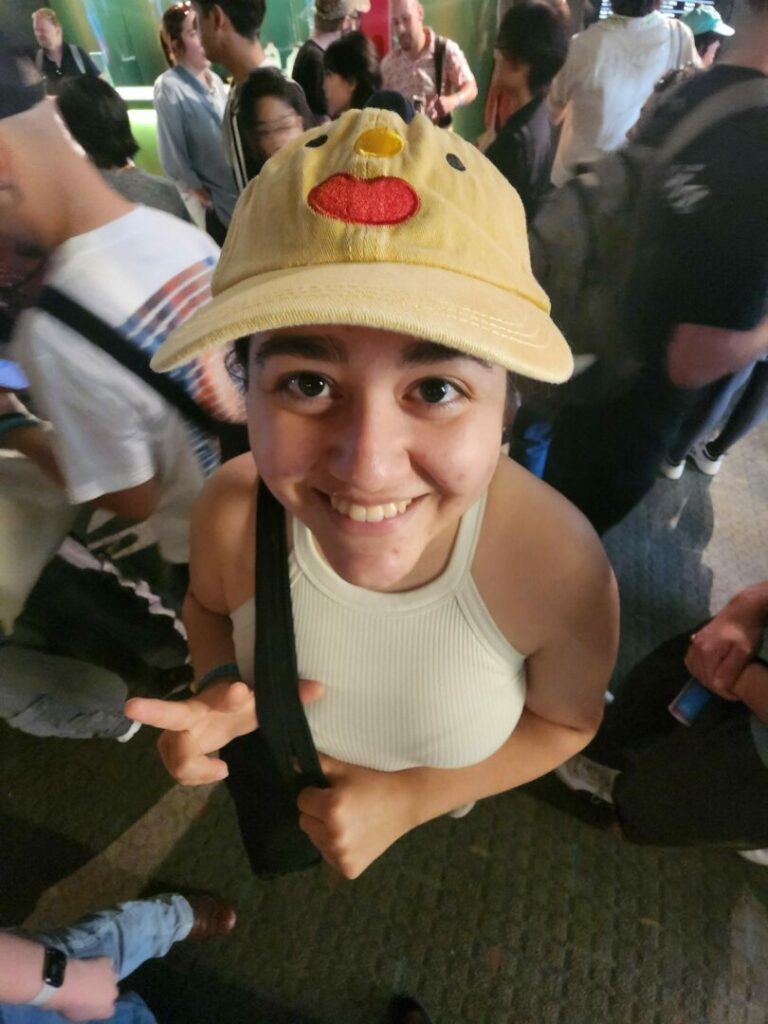
For the longest time I didn’t feel like I was up to the task of achieving my goals as an artist. I initially graduated with my Associates degree from Suffolk County Community College in Game Development back in 2019, and entered a state of limbo during the pandemic. I felt that anything I produced wasn’t good enough, including work that I created to apply to finish my degree at a four-year institution or to apply for a job related to art. Read More>>
Aya King
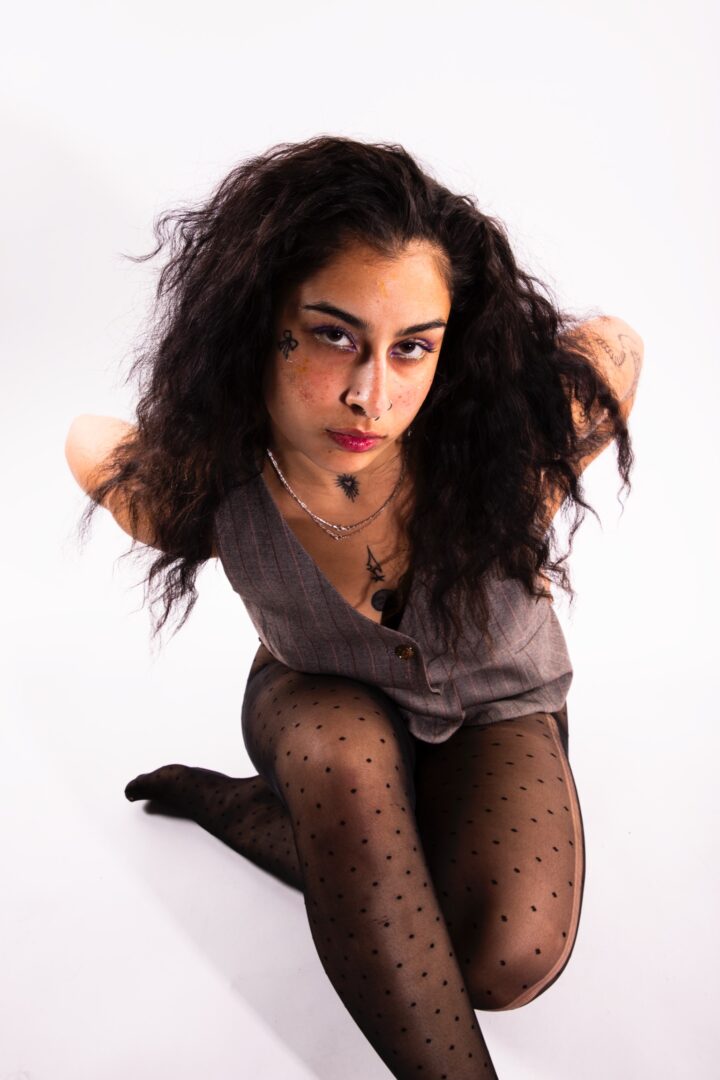
Something I have learned is that focusing on the end product is not a productive way to go about making art. That is often what happens with imposter syndrome; you see the end products of your peers, and yours isn’t as ‘good’. I think we often forget to remember WHY we are even creating something in the first place… Your job is not to produce what everyone else is producing. Read More>>
Erin Morse
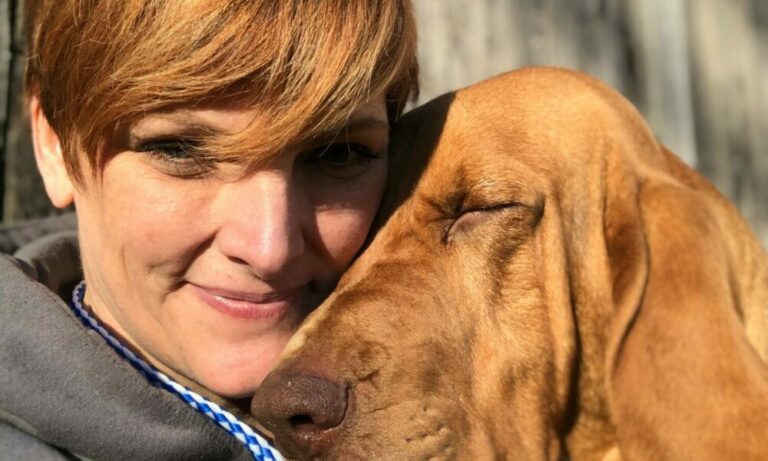
In the beginning, joining a male dominated automotive software company, I felt an overwhelming sense of imposter syndrome. Surrounded by mostly men with years of experience, I often doubted my abilities and questioned whether I truly belonged in such a competitive environment. The workplace culture, while innovative,, sometimes felt unwelcoming to female newcomers like me. Read More>>
Madisonk Knezevich

when I stared SkinHaus, imposter syndrome was one of my biggest hurdles to overcome. I quickly realized confidence comes from showing up for yourself and your business everyday, continuously learning, and trusting the results I was creating for my clients. To this day, I am combating imposter syndrome by reminding myself that growth comes from experience and I will only fail when I stop trying. Owning my expertise and believing in the value I offer to my clients has been key. Read More>>
Amanda Bradford
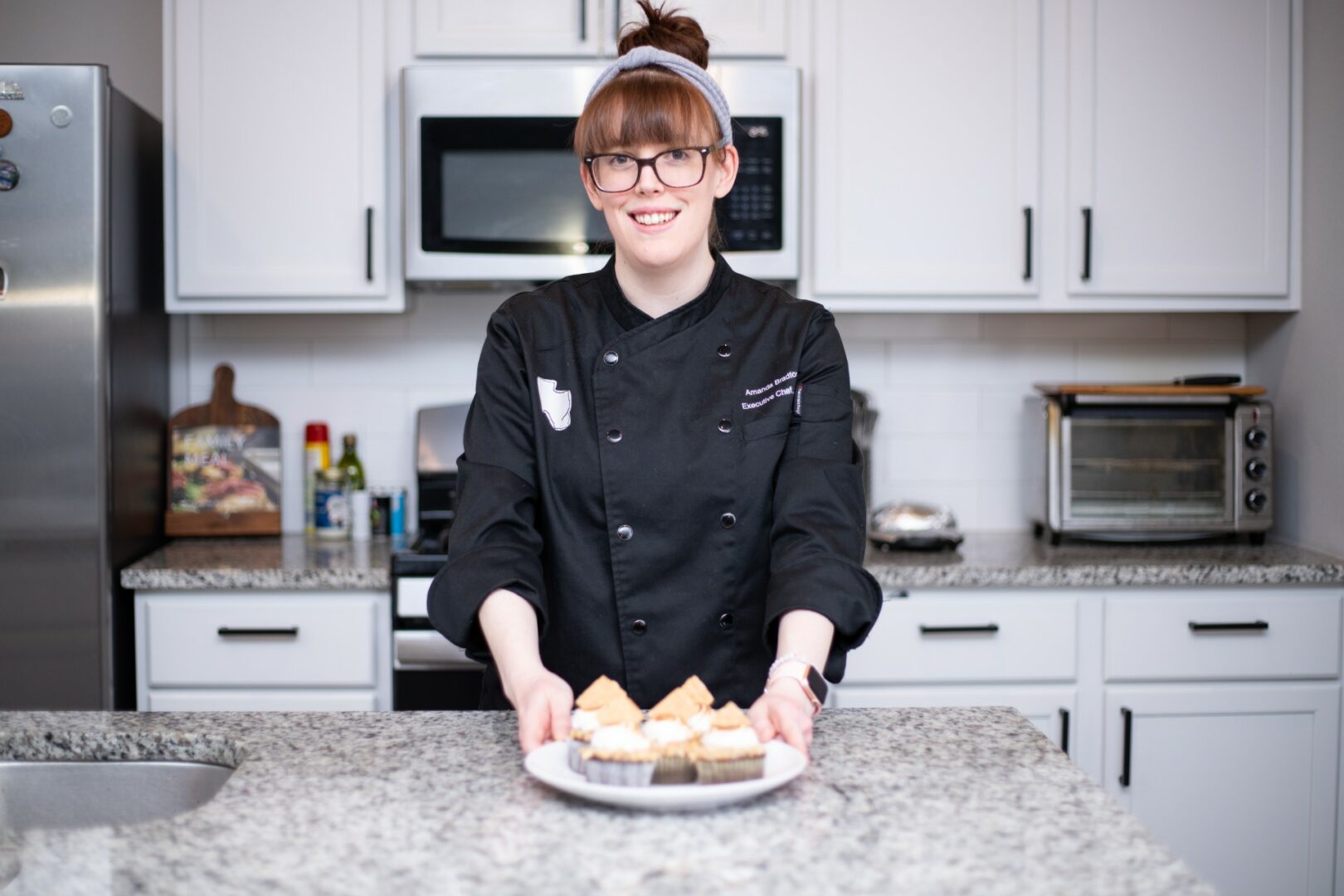
I think we all have a small amount of imposter syndrome but I think its important to do self reflection and do it often on where your journey started and where you are now. I teach culinary Classes and I like to reflect back to when i was in school and then all my experiences along the way that lead me to be the business owner, Chef and Instructor that I am today. I think telling that voice in your head to be quiet and remind yourself of worth and work you have put in really helps. Read More>>
Dr. Christine Streeter
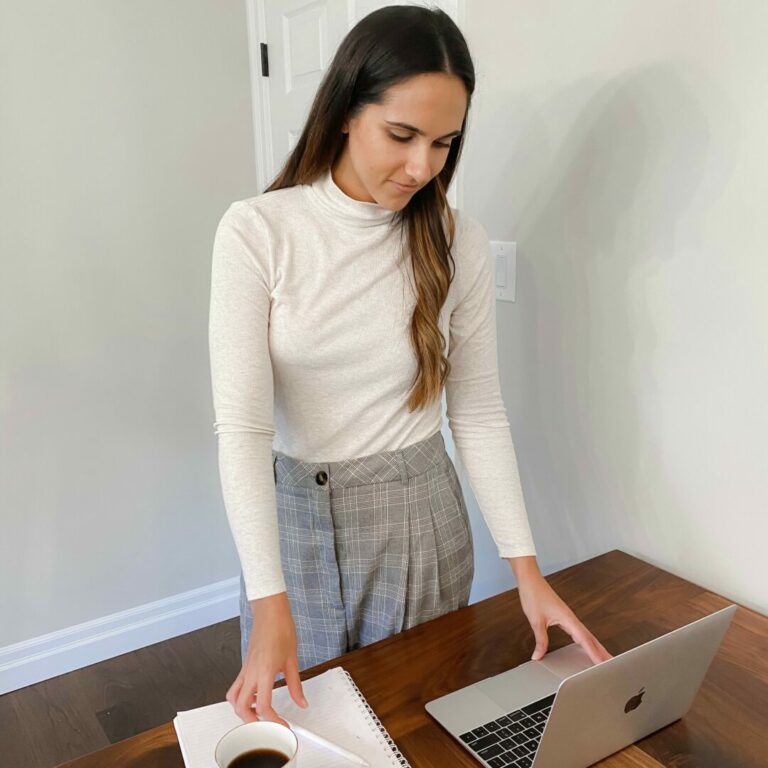
Honestly, I’m not sure I’ve “overcome” imposter syndrome as much as I’ve learned how to walk alongside it.
For a long time, I thought confidence would come after I accomplished a certain goal, getting into grad school, finishing my PhD, becoming a mom, landing a job. But with each milestone, the voice of doubt didn’t disappear. It just shapeshifted. When I started teaching university courses, I worried I wasn’t academic enough. When I got pregnant during my PhD, I worried I wasn’t committed enough. When I defended my dissertation while 31 weeks pregnant, I felt strong—but also scared someone would say I didn’t belong. Read More>>
Dejouir Brown
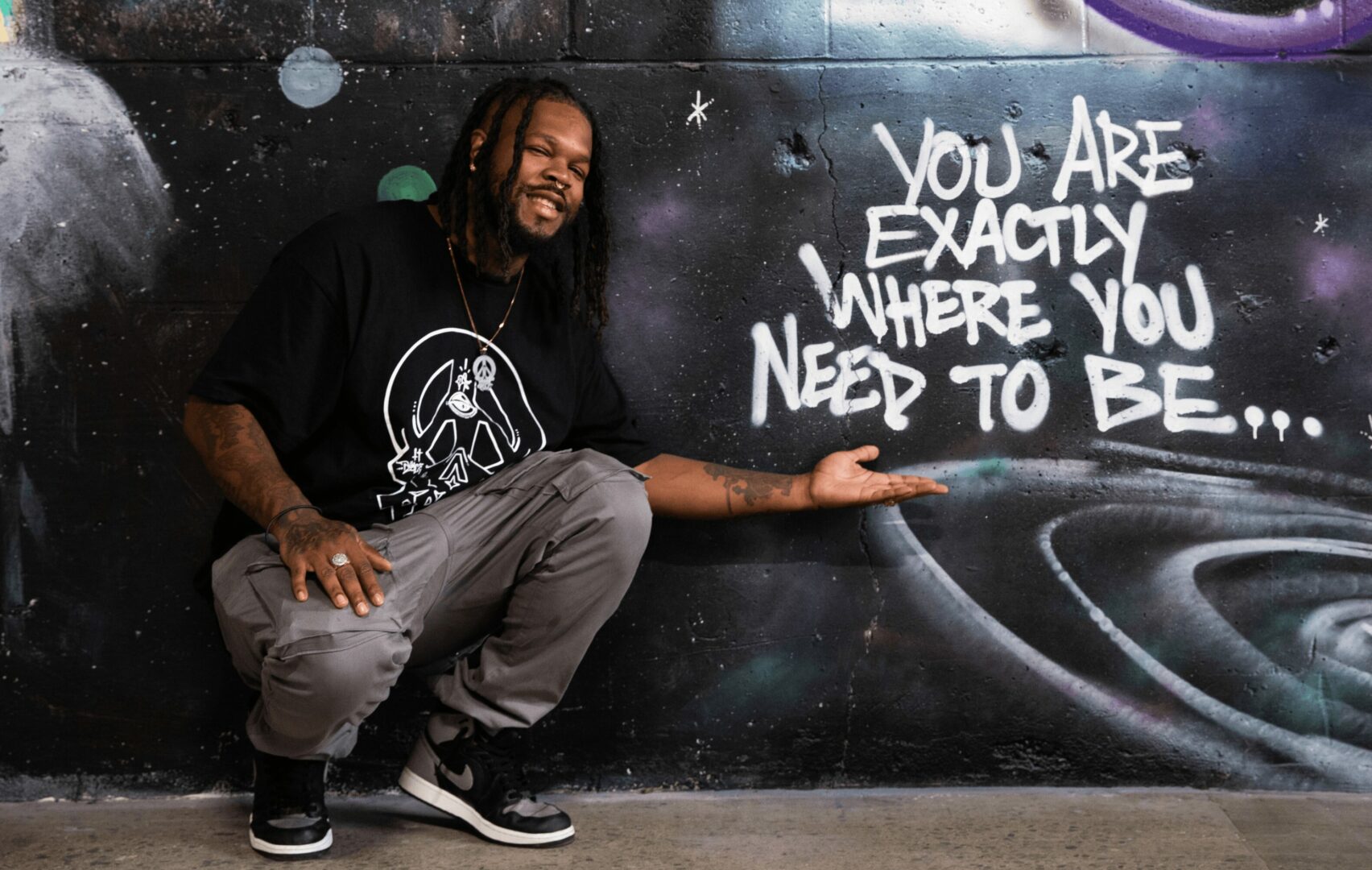
I over come imposter syndrome from just trying to stay original as possible, pulling from life experiences the good and the bad. Trying to convey a sense of relatability in every aspect when making a new piece, pouring out my emotions and thoughts along with what I know others might have experienced rather it be the color palette choices or the subject matter itself. I want to allow enough room for the view to have their own say on what they feel or get from my work, instead of forcing a narrative on them. Read More>>
Danielle Barrett
Imposter syndrome was a significant hurdle we had to tackle while getting established in the fast-paced interior design world.
Unlike many skilled and seasoned interior designers out there, we did not have the extensive training and background others did prior to stepping foot into this profession. In stark comparison, we came into this field almost by “accident” unexpectedly. What others already knew we had to learn, and learn quickly. Read More>>
Ryan Ostofe
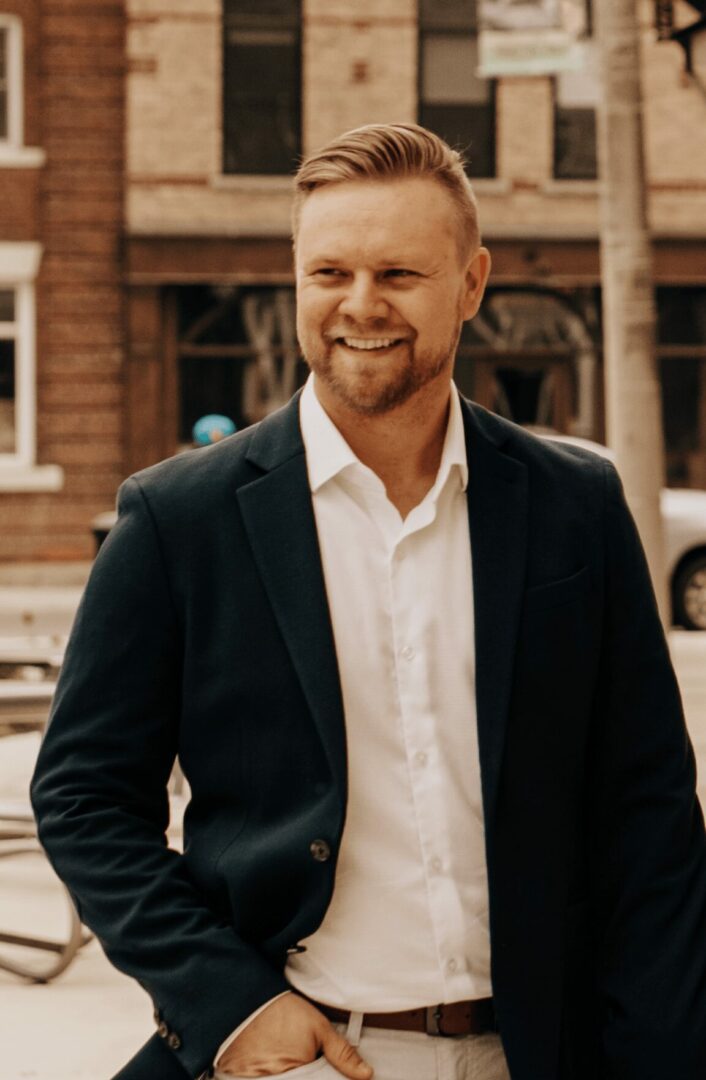
I don’t believe you ever overcome imposter syndrome; and I don’t believe overcoming it should be the objective.
Overcoming imposter syndrome would be to understand that you ARE who you say you are and you are WHERE you should be. THE END. Read More>>
Marie Pallansch

Imposter syndrome definitely sneaks in sometimes, especially in such a creative and personal industry. When it happens, I try to remind myself why I started—couples trust me to capture the little moments they might not even realize are happening, and that’s so special. I also look back at past videos and sweet messages from clients which always reminds me that I’m creating something meaningful and important. And honestly, I’ve learned that everyone, even the most experienced people, feels this way at times. The key is just to keep going, keep creating, and trust that I’m in the right place. Read More>>
Jasmin Warnock
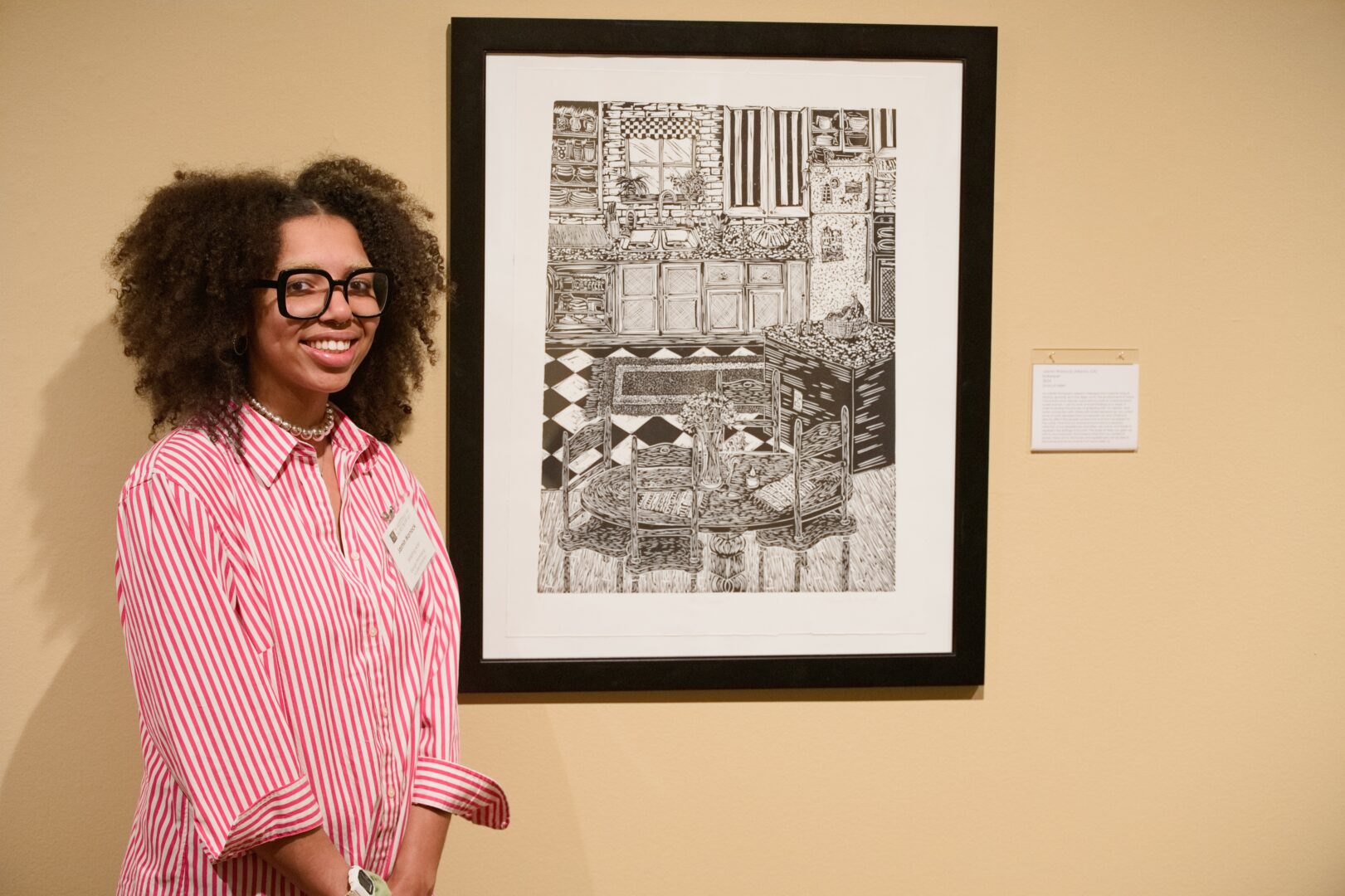
Truthfully, I don’t think I’ll ever truly overcome imposter syndrome. I think most people, especially artists, find themselves feeling like an imposter continuously.This is something I am learning to accept and navigate as it arises. I find that especially in an art space where I am the minority, where there aren’t people that look like me, I feel guilty. I think that I don’t deserve to be there and that someone like me but with maybe more experience or someone further along in their journey belongs to be there. Read More>>
James Legier
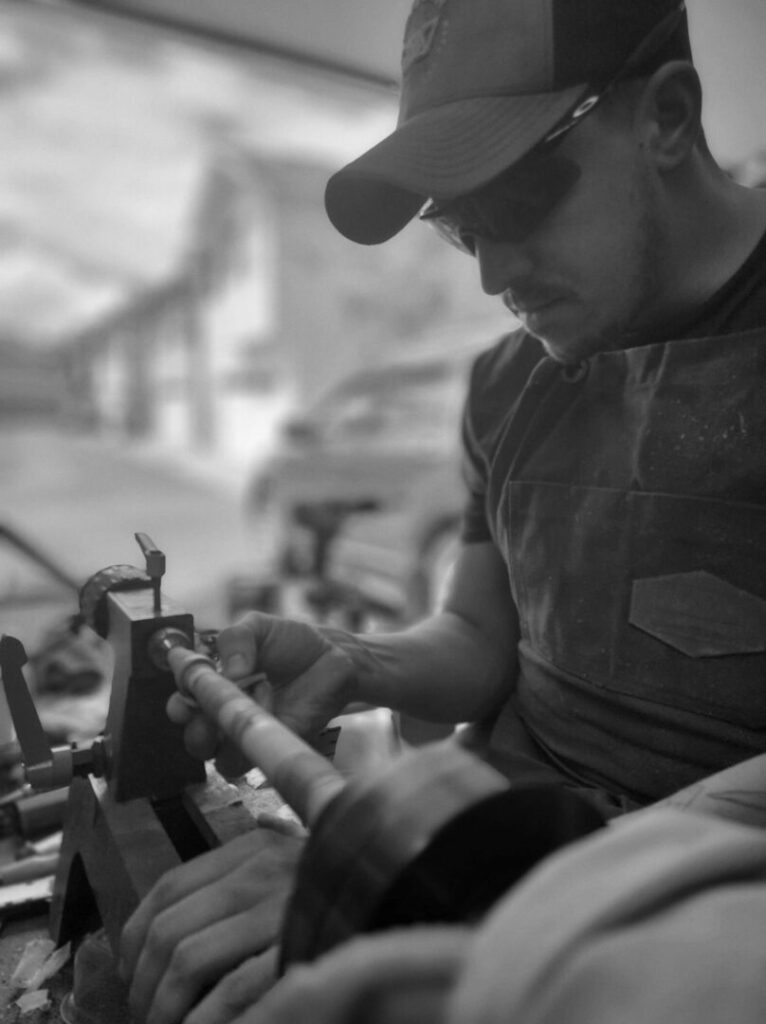
Imposter syndrome is something I have battled for the majority of my life. I grew up as an Inline Speed Skater in Florida and competed across the United States. I was never the best, I didn’t have that natural “gift” that other speed skaters had, but I made up for it by training full time in the off-season. I got better, but I never really felt like I was supposed to be there. Read More>>
Lexi Runion

I started playing live DJ gigs at major bars and clubs in the STL area just a month and a half after I began learning to mix, so the imposter syndrome hit hard and fast. While those first opportunities may have come through serendipity, I quickly began to master to the art of live mixing and prove–both to myself and others–that I deserved to be there. Read More>>









